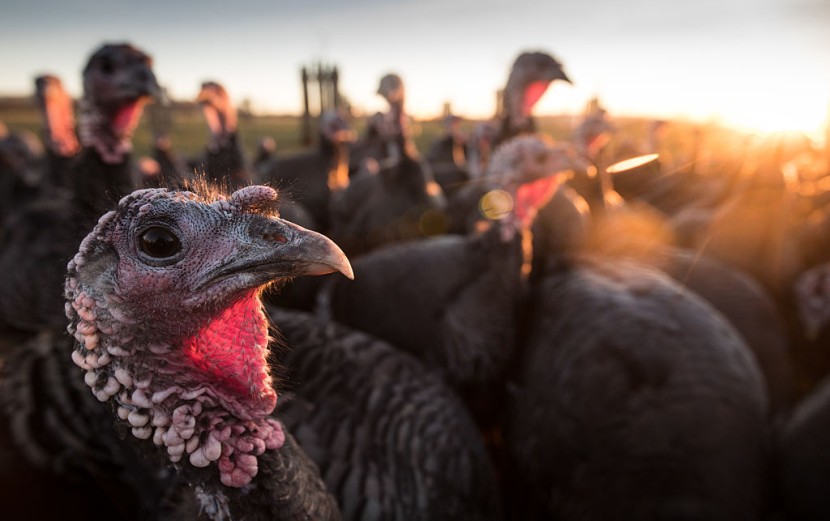As Thanksgiving and the December festive season are around the corner, there are fears that people might experience a more stressful time of year compared to previous ones.
In a new survey commissioned by the Ohio State University Wexner Medical Center and College of Medicine, it found out that 81% of around 1,000 American respondents were stressed because of national issues and international turmoil, while 75% were stressed because of increased spending and prices over the festive season.
The survey also found out that 53% of respondents said they were stressed about rising cases of COVID-19 and flu across the country, while 44% said they were anxious from thinking about the travel problems that occurred last year.
"The holidays kind of bring on this feeling of sadness and struggle when we really want it to be more of a joyous time," Ohio State Wexner psychologist Nicole Hollingshead said in a statement.
"I encourage people to reflect on what the holidays meant for you growing up. And most of the time I don't hear people reflect on 'I loved having all the presents or I remember every single thing that someone gave me.' Instead, it's more of the feeling of the holidays."

How to Minimize Stress this Christmas
Hollingshead advised people to focus on the factors that they could control in order to lessen their holiday stress. One of them would involve food prices for Thanksgiving and Christmas.
For example, the Columbus Dispatch cited the most recent Consumer Price Index report from the US Bureau of Labor Statistics, which said that overall prices in the Midwest region were up by 2.9% over the past 12 months.
Finances-wise, she suggested that people should discuss their budget with their family or partner ahead of time and make plans to reduce spending, which might help alleviate some stress or guilt as December draws near.
"Cost of living has gone up significantly," she added. "I know groceries are overwhelming for most of us. I'm not surprised to hear that people are struggling with planning for the holiday season. So really having those conversations now is going to be important to be able to navigate what is it we feel comfortable spending."
Meanwhile, health issues are also connected with stress, which could be alleviated by being as prepared as possible to face them and limiting exposure to possible infection sources. Hollingshead additionally urged doing their due diligence and washing their hands frequently to protect themselves from any sickness.
US Centers for Disease Control and Prevention's (CDC) Candice Hoffman told Newsweek that they advise individuals to "seek emergency medical attention for COVID-19 if they experience the following emergency warning signs."
In addition, Hollingshead suggested hoping for the best regarding unreliable travel but also preparing for the worst. Backup travel plans are also suggested just in case something goes wrong or gets delayed.
"It gets close to the holidays and I worry: 'Did I buy enough for my family? Did I do enough?'" Hollingshead added. "And so we can lose sight of the importance of having too many gifts or making sure everybody has enough to unwrap. Then we lose sight of the big picture, which is that time together."
Minimizing Anxiety Due to Global Issues
Another factor contributing to stress is the constant bombardment of news updates and information regarding multiple trending topics overseas, such as the aggression of China in the Pacific, the war in Ukraine, and Israel's fight against Hamas.
Last week, Endowment of Middle East Truth (EMET) legislative fellow Joseph Epstein wrote for Newsweek, reckoning that the Third World War has already begun.
Regarding this, Hollingshead advised people to limit their exposure to bad news by not watching news programs on TV and not spending much time "doom scrolling" on their devices.
For anxiety about the world in general, she also advised using a system called "STOP" to help stop their feeling of getting overwhelmed. In the "STOP" method, a person could begin by slowing one's self down, taking a few deep breaths, observing the issue, and eventually proceeding with a rational plan.








